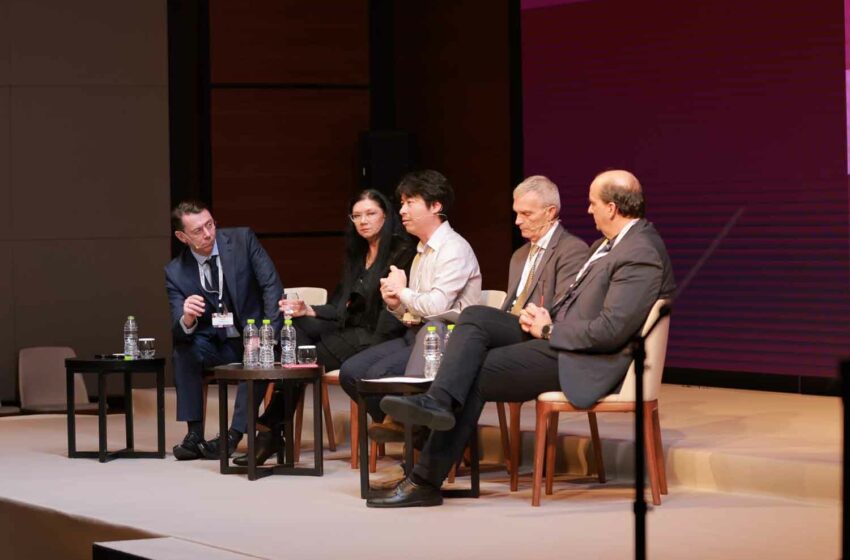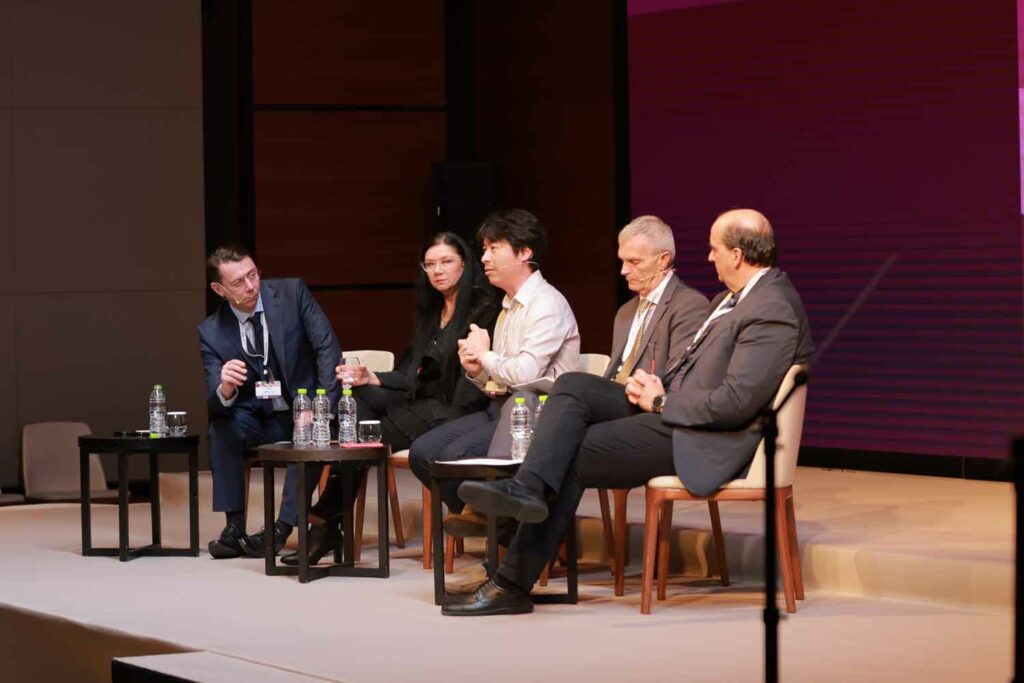Panel: Reinforcing Scientific Research


During the Reinforcing Scientific Research panel held as part of September’s Global Tobacco and Nicotine Forum in Seoul, South Korea, New Zealand-based Marewa Glover, director of the Center of Research Excellence on Indigenous Sovereignty and Smoking, made the point that the forum had heard many times how there is a need for tobacco and nicotine policies to be grounded in science and, therefore, evidence-based. There is, in fact, no disagreement on this point between tobacco control officials and tobacco harm reduction (THR) advocates, she said. However, care needs to be exercised because a form of evidence has been appropriated by some opposed to THR, and they are driving a broad social change agenda aimed at instituting a utopia where, for instance, no one would ever use drugs. They used scientific platforms loaded with people who shared their views to spread their ideology. They redefined the meanings of words so that unproven assertions became facts and facts became lies. To combat such views, she added, it is necessary for THR advocates to produce demonstrably robust research as part of a project that includes a communication strategy identifying stakeholders and how the information is to be gotten to them.
Glover had been asked three questions by moderator, Mark Littlewood, director general of the Institute of Economic Affairs: What needed to be done to reinforce scientific research into tobacco and nicotine?; who should form the audience for the research findings?; and how should the findings of junk science be challenged?—questions he also posed to the rest of the panel.
Kai-Jen Chuang, professor in the Department of Public Health at Taipei Medical University, explained that THR is not taught as part of medical degrees in Taiwan and therefore is not a well-recognized term, even though harm reduction principles are engaged in other areas. In fact, vapes were banned in Taiwan on March 22 this year. What is taught is health promotion and, more latterly as part of social-work courses, disaster reduction. He pointed out, nevertheless, that health promotion, disaster reduction and THR have similar goals, so those from outside Taiwan wishing to engage at conferences with public health officials over THR principles should present their papers, translated into Chinese, as health promotion studies. Nevertheless, he warned that it would be difficult, because of their training, to convince public health people of all stripes of the efficacy of using new technology to reduce the harm caused by smoking. The starting point for getting across messages about THR, he added, should be scholars with open minds, and from there, the focus could move to journalists and politicians.
Riccardo Polosa, professor of internal medicine at the University of Catania and founder of the Center of Excellence for the Acceleration of Harm Reduction (CoEHAR), said there is a need to reinforce quality science that has good repeatability. Repeatability, he added, is currently in crisis and not just in respect of tobacco control science, so the CoEHAR has established a comprehensive repeatability program pertaining to research into toxicity and biology in respect of combustion-free, nicotine-containing products. The program involves setting up and researching in seven laboratories with the same equipment and the same procedures to come up with super strong findings. Another thing that is needed, Polosa said, is to shift the focus from risk to harm. Relative risk has been studied for a decade now, and it is an easy win if combustible products are compared with combustible-free products. So now is the time to look at the absolute risk and show that it is low and that the level of harm is super low. This would provide a better position from which to convince governments, regulators and the public. Polosa had some good news on junk science, which he said is easy to debunk because it is junk, though this takes energy and time and requires a willingness to do it. A global network of scientists is actively rebutting junk science articles, though the challenge now is to speed up this process of rebuttal.
Picking up on an earlier comment about uncertainty, Konstantinos Farsalinos, research fellow at the Onassis Cardiac Surgery Center, made the point that uncertainty is inherent in science and essential to human progress. There is nothing wrong with uncertainty provided that it is not used to maintain the status quo, especially where the status quo has failed miserably. It is important, also, that uncertainties are not used as the basis for decision-making, which needs to be based on current knowledge. But one problem being faced today is that current knowledge is not being used to make decisions [about THR]; rather, decisions are being made on the back of the abuse of uncertainties [that the long-term use of THR strategies are unknowable at this stage]. Revisiting the 1986 Ottawa Charter for Health Promotion by the World Health Organization, Farsalinos said, it is obvious that it was basically talking about harm reduction in our everyday lives. Everything, even medicine itself, was a harm reduction science because it was not possible, probably, to cure any disease besides certain infections. We were treating diseases and reducing the adverse effects and consequences of diseases. This was all known. What is needed now is the reinforcement of the applicability of scientific data, of which there is a lot, on decision-making, something that has not happened in many parts of the world. Finally, Farsalinos said that he has had bad experiences in rebutting junk science even though he has been successful. Basically, he had run into a wall behind which people had decided what they believed and were casting around for the data to support their predetermined views. With science, you have to do the opposite of that, he said.